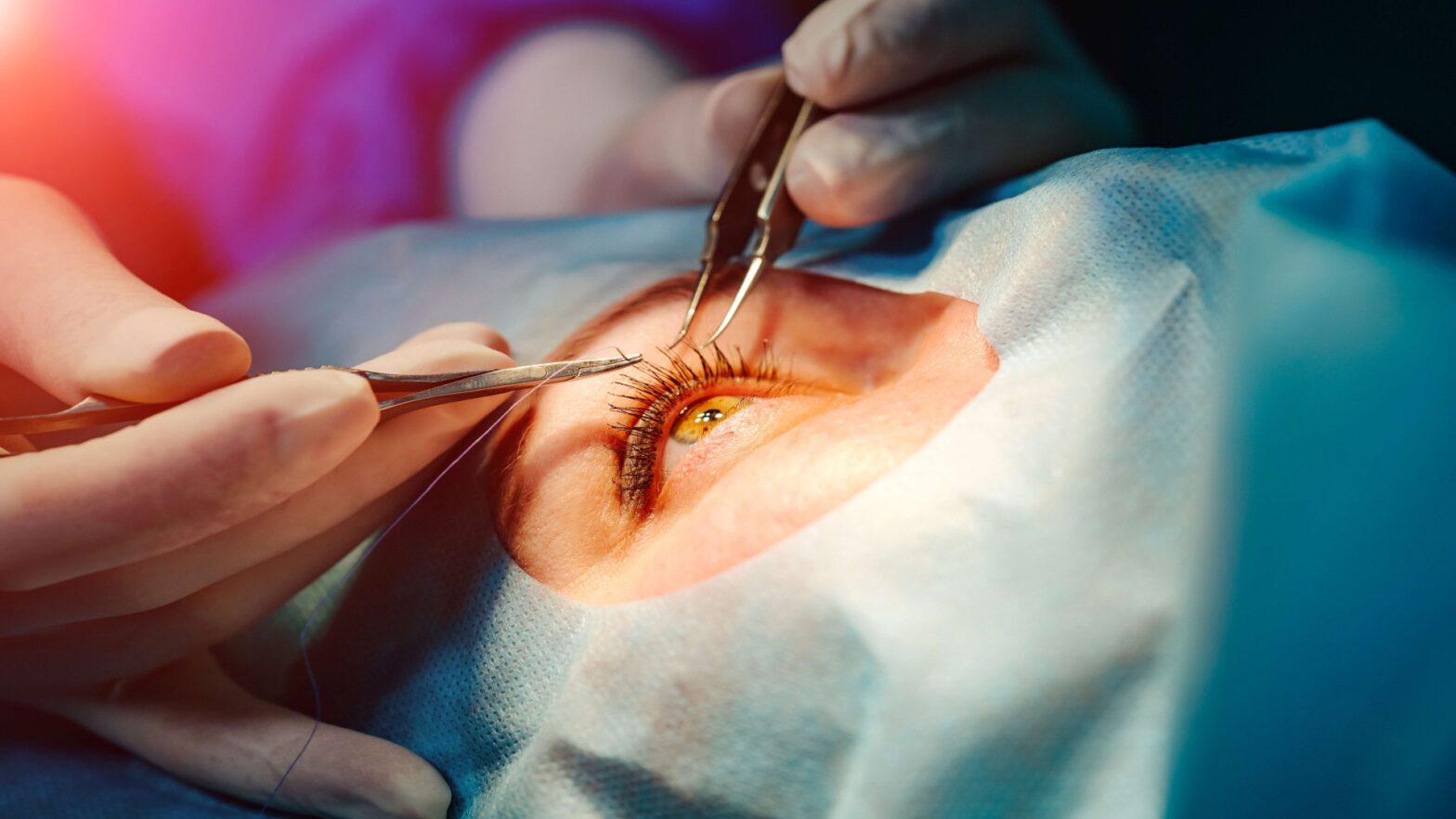If you’ve been thinking about laser eye surgery to correct your vision, you’re probably eager to ditch your glasses or contact lenses for good. Laser eye surgery is a popular procedure that can improve your eyesight. But before you jump in, it’s important to understand how it works and what to expect.
Here are seven key things to know beforehand.
1. Basics of Laser Eye Surgery
Laser eye surgery reshapes the cornea, the clear outer layer of your eye, to correct vision issues like nearsightedness, farsightedness, or astigmatism. Laser-Assisted In Situ Keratomileusis (LASIK) is a well-known type. The procedure involves creating a thin flap on the cornea, lifting it, and then reshaping the tissue underneath with a laser. While highly effective, cutting the flap can lead to a longer recovery time for some patients.
Small Incision Lenticule Extraction (SMILE) is a newer, minimally invasive alternative to LASIK surgery. Instead of creating a flap, SMILE eye surgery makes a small incision to remove a disc-shaped piece of tissue (lenticule) from the cornea. This technique preserves more of the corneal surface intact, leading to faster healing and reduced risk of dry eyes.
2. Eligible Candidates
Not everyone is eligible for laser eye surgery. The best candidates are typically over 18 years old with a stable prescription for at least a year. Your corneas must also be thick enough to withstand the surgery, as thinner corneas may not be able to handle the reshaping process safely.
Other factors like overall eye health, dryness, and medical conditions such as autoimmune diseases can affect whether you’re a good candidate. A thorough eye examination and consultation with an eye specialist are necessary to determine if laser surgery is right for you.
3. Length of the Procedure
A major advantage of laser eye surgery is that the procedure is remarkably fast. The surgery usually takes about 20 minutes for both eyes. The laser itself only reshapes the cornea in a matter of seconds.
During the surgery, you’ll be awake, but your eyes will be numbed with special drops so you won’t feel any pain. You might feel some pressure, but it’s brief. Most patients are surprised at how quick and comfortable the entire process is.
4. Recovery Time and Post-Operative Care
The recovery process depends on the specific type of laser eye surgery. With LASIK, many patients experience significant improvement in vision within the first 24 hours, and most can return to daily routines within a couple of days. However, avoid eye strain and follow your doctor’s instructions carefully to ensure a smooth recovery.
SMILE surgery offers a quicker recovery due to its minimally invasive nature. Patients often experience less discomfort and fewer post-surgery restrictions. Both procedures require the use of prescribed eye drops to prevent infection and inflammation, and it’s recommended to avoid touching or rubbing your eyes for the first few days after surgery.
5. Potential Side Effects and Risks
Laser eye surgery is generally safe but comes with some risks. Common side effects include dry eyes and temporary visual disturbances like halos or glare at night, usually resolving within weeks. Some may experience long-term dryness or night vision issues.
There’s a small risk of infection, corneal flap complications (with LASIK), or vision under or over-correction. In rare cases, you might still need glasses or contacts after the procedure. Discuss these risks with your surgeon to manage your expectations.
6. Cost of Laser Eye Surgery
Laser eye surgery is a significant financial investment, averaging USD$2,000 to $3,000 per eye in the U.S. Most insurance plans don’t cover the procedure since it’s considered elective. Consider this cost before proceeding.
Some clinics offer financing options, so ask about payment plans if needed. Though the upfront cost is steep, many find the long-term savings on glasses and contact lenses worth it.
7. Long-Term Results
Laser eye surgery offers long-lasting vision correction, often reducing or eliminating the need for glasses or contact lenses. However, the results are not guaranteed to last forever. Your eyes can continue to change as you age, particularly if you develop presbyopia (age-related farsightedness) or cataracts.
Final Thoughts
Laser vision correction is a life-changing procedure for many people, providing clearer vision and greater convenience. However, know the details about how laser eye surgery works, who qualifies, and what risks or costs are involved. Consulting with a qualified eye surgeon will help you determine if this is the best choice to improve your vision.


















